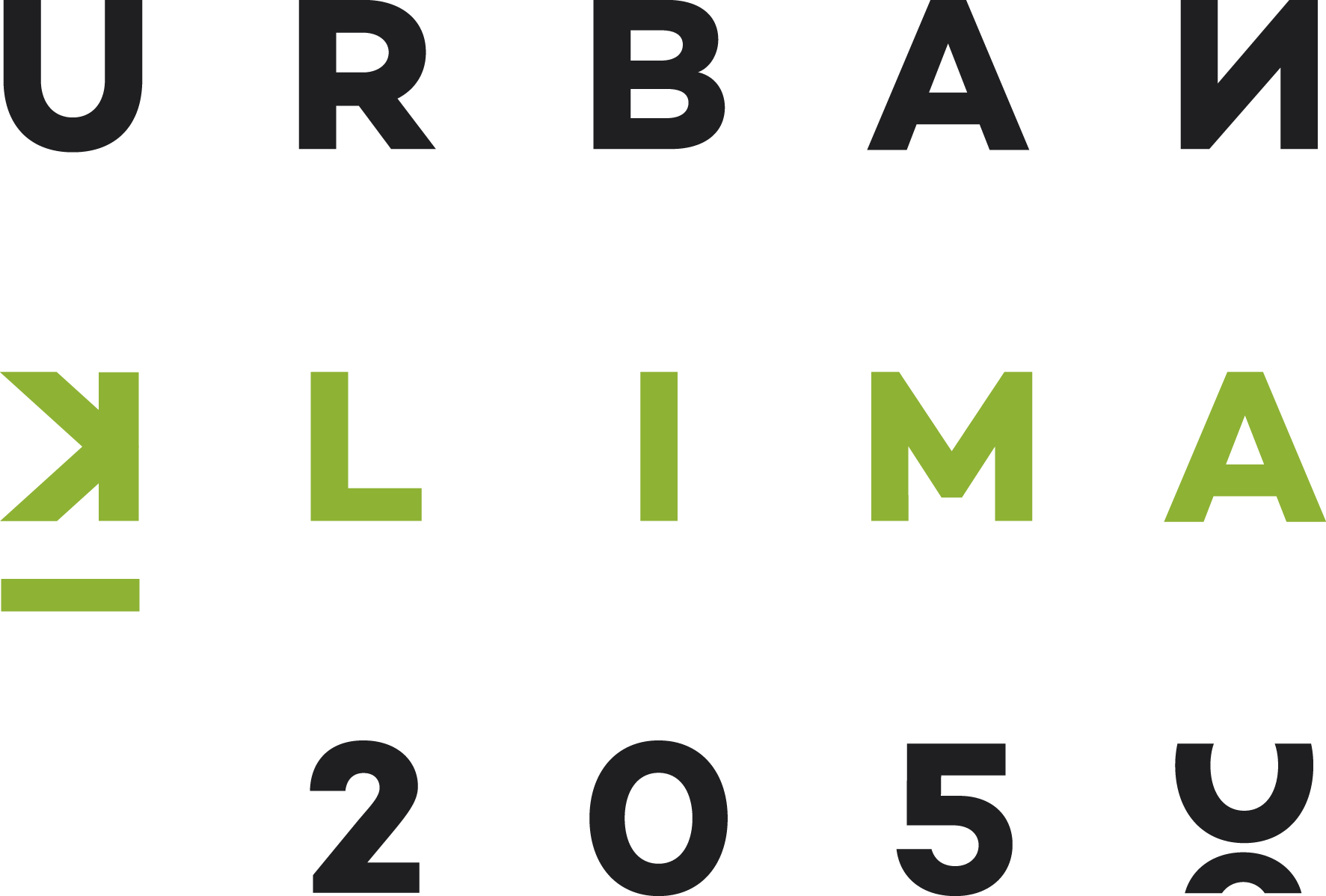Urban Klima 2050
| LIFE-IP URBAN KLIMA 2050 |  |
|
|
All European regions are vulnerable to Climate Change (CC), although its consequences can manifest itself in several ways, depending on the region of the planet in which we find ourselves. According to the estimations, both the South and Southeast areas if Europe, where the Basque Country (north of Spain) is located, will be the critical areas affected by CC according to the number of adverse phenomena. In the Basque case it has been identified that main CC threats and impacts on the citizens, the territory and the economy. These will come as a result of the increasing frequency and intensity of extreme events (i.e. sea storms, heat waves, floods….) resulting in: - Increase of mean sea level and wave frequency and intensity, impacts on urban settlements, harbours, and natural coastal environments. - River floods with strong affections to the urban settlements. - Heat waves and islands affecting health population. - Landslides affecting infrastructures and neighbourhoods. - Habitats displacement or disappearance and loss of its ecosystem services.
|
||
|
LIFE-IP URBAN KLIMA 2050 will demonstrate the effective and well-coordinated implementation (directly in the IP and though complementary funding), of a climate strategy (KLIMA 2050) on a large territorial scale (Basque Country, 7 .200 Km 2, 2, 1 Mill inhabitants), while ensuring involvement of key stakeholders (Regional Government, Provincial Authorities, Municipalities, Public and Private companies, Research and Education sector, Social agents and citizens) and promoting the coordination with and mobilisation of other relevant funding sources: European Union (FEADER, FEDER, FSE, H2020 ... ), national level (MITECO, Fundaci6n Biodiversidad, Basque Government own funds ... ) and other private funds (BBVA, Iberdrola Foundation ... ). URBAN KLIMA 2050 defines a particular approach to adapt, and sometimes mitigate the effects of CC in the Basque urban zones. It is considered that this approach could be considered as a replicable case study for similar regions of the EU. It presents the following framework:
Although Pilot Actions will be developed around all the Basque geography, some Priority Areas are defined on each governance level: urban areas (Bilbao, Vitoria!Gasteiz, Oonostia/San Sebastian, Bakio, Bermeo, Gemika-Lumo, Zarautz), peri-urban areas (Urdaibai-Green Infrastructures; Oebabarrena-Coastal Natural Habitat; Rioja AlavesaRenewable Energies), river basins (Butroe, Oka, /baizabal, Deba, Urumea, Zadorra, Baia, Ebro) and coastal areas. More information provided in the maps under Form B2b. 3. The project also identifies some topics that potentially would be affected by CC. It also includes specific actions to increase resilience in each of themTerritory {C2): in order to move towards a territorial model adapted and resilient, integrating CC both at regional scale ("Climate Proofing" criteria on Partial and Sectorial Territorial Planning) and at local scale (Urban Planning guides). Population (C3): relative to public health (cross effects between urban air quality, heat waves and heat islands ... ) and as well towards social commitment. Infrastructures (C3): to reduce territorial vulnerability and CC induced risks (i.e . floods, landslides, sea storms or mean sea level rise) in the built environment and energy and water infrastructures.
Socio-economic
activities (C1 ): horizontal to the 3 previous ones, in the sense that all
actions foreseen in them will generate synergies and opportunities for
innovation in the social and economic field.
|
|||
|
Start date: 01/09/2019 End date: 31/08/2025 |
|||
|
Call:LIFE Integrated projects 2018 – Climate Action |
|||
|
Partners in Urban Klima 2050: |
|||
|
|||
|
Key people involved in BC3: |
|||
| Estibaliz Sanz | |||
|
Urban Klima 2050 website: http://urbanklima2050.eu/eu/ |
|||
 |
|||
